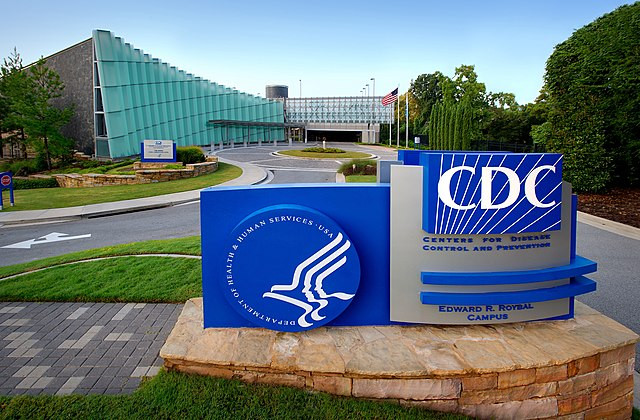Washington state health officials have confirmed the first known human death globally from the H5N5 strain of avian influenza, a newly detected variant that has never before been documented in people. The fatal infection, involving an older adult with underlying medical conditions, was identified through testing at the UW Medicine Clinical Virology Lab and later verified by the Centers for Disease Control and Prevention. State authorities reported the death occurred on November 21, raising new questions about the evolution of bird-flu viruses circulating in domestic flocks across the United States.
The individual lived on a property with a backyard flock of mixed poultry, and environmental sampling around the site detected H5N5 in multiple locations. Investigators said the pattern indicates transmission from birds to a human rather than any form of community spread. Health officials stressed that no additional infections have been found among family members, caregivers or others who came into contact with the patient before hospitalization.
Washington's Department of Health noted that this is the first confirmed human case of H5N5 anywhere in the world, making the incident significant for influenza surveillance networks. The strain differs from H5N1-the bird-flu variant responsible for most recent U.S. infections-by a protein involved in viral release from infected cells. Researchers at St. Jude Children's Research Hospital said the difference may not substantially change how dangerous the virus is for humans, though they added that influenza viruses remain "unpredictable."
Public-health agencies have been monitoring avian-flu developments closely, especially after more than 70 human H5 infections linked primarily to agricultural exposure were recorded in the U.S. in recent years. Earlier in 2025, Louisiana reported a fatal H5N1 case involving another adult with direct bird contact. While most prior infections were mild, disease-control officials have underscored that any new strain entering human populations warrants attention.
Following the Washington death, state epidemiologists began tracing all potential exposure points and conducting medical monitoring for individuals who visited the property or assisted with the backyard flock. Health officials also launched additional sampling in the area to determine whether wild birds or nearby farms played a role in transmitting the virus.
The Department of Health issued updated recommendations for poultry owners, urging the use of protective equipment, thorough hand-washing after handling birds, and immediate reporting of unusual illness or deaths among flocks. The agency also reiterated its advice that people receive seasonal flu shots-not as a means of preventing bird flu, but to reduce the likelihood of co-infections that could allow human and avian flu strains to mix genetically.
Though the victim's identity has not been disclosed, officials acknowledged the profound personal impact on the family and the surrounding rural community. The case has renewed attention to zoonotic diseases and the challenges of early detection, especially in households that keep small flocks outside formal agricultural systems.





